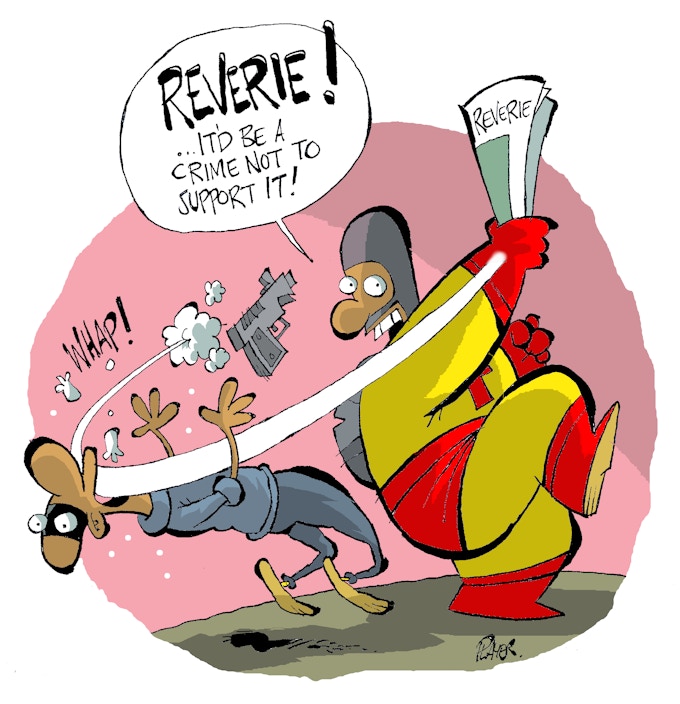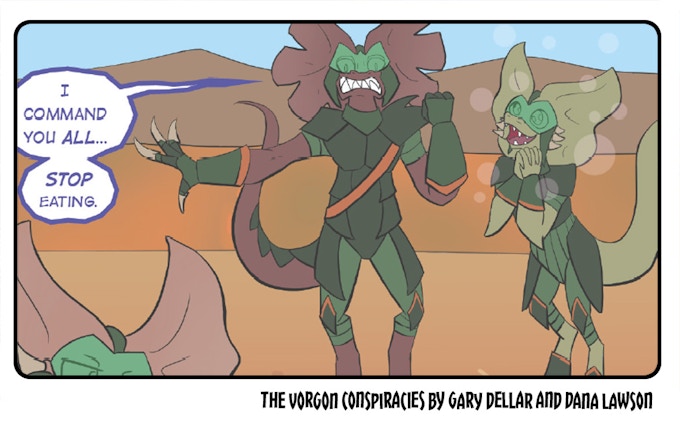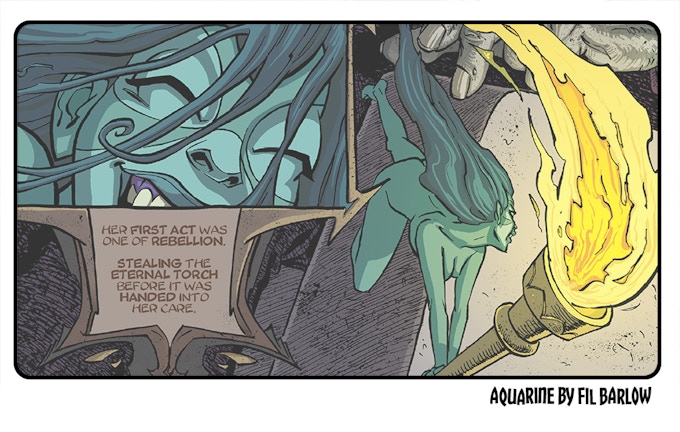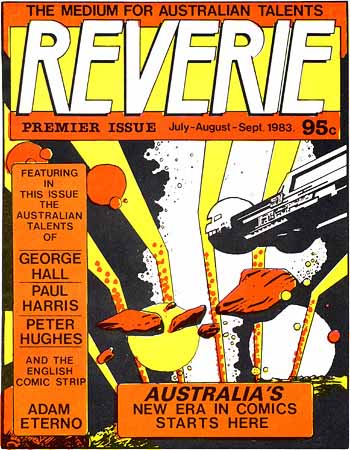One of the main ways of creating a corner is by working 2 sts (or more) in the same stitch, with 1 or 2 chains between.
This is why a circle can start to look like a 8 pointed shape or octagon. Each of the increase stitches can become like a corner. This seems to be especially true for sc.
To avoid this you can stagger the increases.
Eg: Do the first 3 rows as a normal circle. In the next row, work half the single sts first, work as normal, then work the other half
Row 1: Magic circle, 8 sc in circle. (8 stitches)
Row 2: 2 sc in each stitch around (16 stitches)
Row 3: *1 sc in next st, 2 sc in next st. Repeat from * to end (24 stitches)
Row 4: 1 sc in 1st st, 2 sc in next st, *1 sc in each of next 2 sts, 2 sc in next stitch. Repeat from * to last st , 1 sc in last st (32 stitches)
Row 5: *1 sc in each of next 3 sts, 2 sc in next stitch. Repeat from * to end (40 stitches)
Row 6: 1 sc in each of next 2 sts, 2 sc in next st, *1 sc in each of next 4 sts, 2 sc in next stitch. Repeat from * to second last st, 1 sc in each of last 2 sts (48 stitches)
Row 7: *1 sc in each of next 5 sts, 2 sc in next stitch. Repeat from * to end (56 stitches)
Row 8: 1 sc in each of next 3 sts, 2 sc in next st, *1 sc in each of next 6 sts, 2 sc in next stitch. Repeat from * to second last st, 1 sc in each of last 3 sts (64 stitches)
The next image shows the improvement when working the stitches staggered
More on posts making circles
Making a Flat Circle
http://craftcove.blogspot.com.au/2017/12/making-flat-circle.html
When The Flat Circle Goes Wrong
Which Hook For the Perfect Circle
https://craftcove.blogspot.com/2018/01/which-hook-for-perfect-circle.html
When a Circle is Not a Circle
https://craftcove.blogspot.com/2018/01/when-circle-is-not-circle.html






















